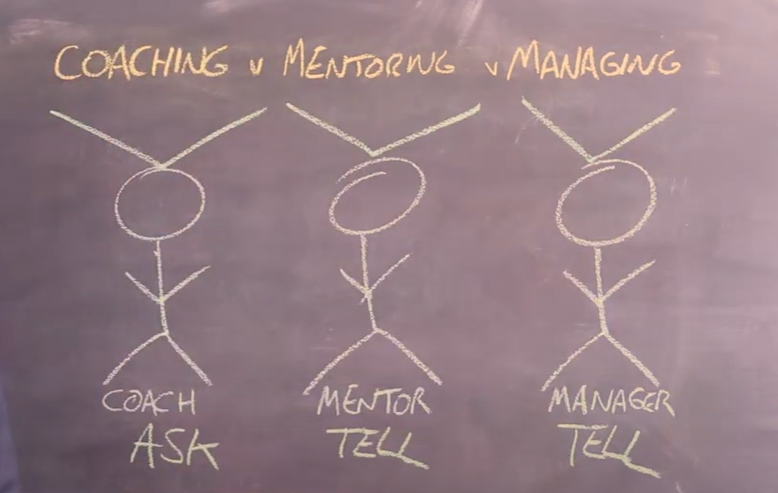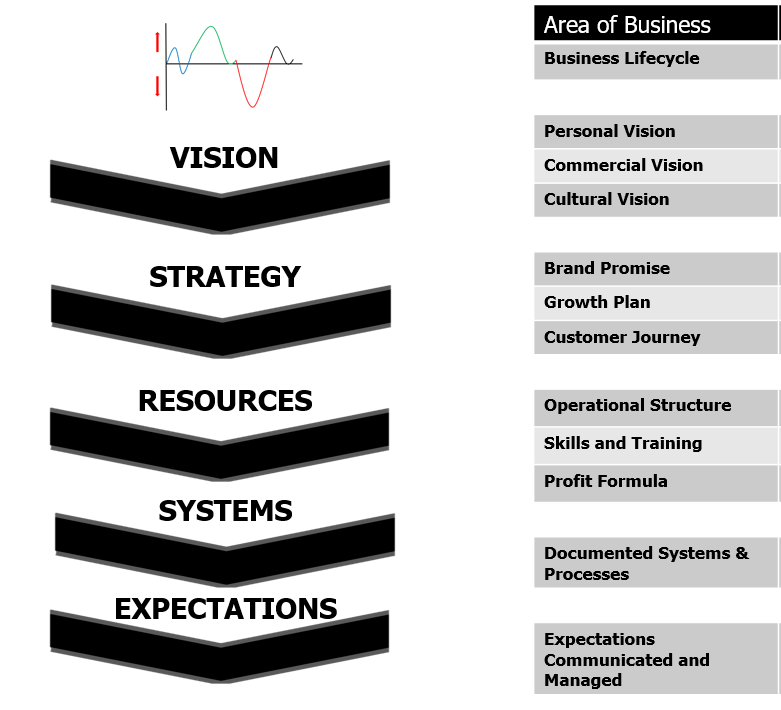What’s the Difference Between Coaching, Mentoring and Managing? In Blackboard Fridays Episode 103, Jacob talks about Leadership. Need this implemented into your business? Talk to the international business advisor who can do exactly that – Contact Jacob, Learn More, or Subscribe for Updates.
Who is Jacob Aldridge, Business Coach?
“The smart and quirky advisor who gets sh!t done in business.” Back independent since 2019.
Since April 2006, I’ve been an international business advisor providing bespoke solutions for privately-owned businesses with 12-96 employees.
At this stage you have proven your business model, but you’re struggling to turn aspirations into day-to-day reality. You are still responsible for all 28 areas of your business, but you don’t have the time or budget to hire 28 different experts.
You need 1 person you can trust who can show you how everything in your business is connected, and which areas to prioritise first.
That’s me.
Learn more here. Or Let’s chat.
Transcript
Welcome and a big shout out to David down in New South Wales who asked the question that led to this week’s Blackboard Fridays episode.
He said, look, as a leader of people, I understand that I’ve got some different hats that I’ve got to wear. It’s no longer okay for me to just be their manager. I also have responsibilities to be their coach and also I think to kind of mentor them a little bit. What’s the difference between those three and can I wear all three of those hats?
So, here you go, here’s the answer. This is applicable to any manager, whether you’re a business owner or whether you’re sitting within a business of any size. If you’ve got people that you’re working with and particularly if you are directing them, you do need to juggle at least two of these three hats.
The Role of a Coach

Back in episode 16, I talked about the five different advisory skills. And we talked about coaching and mentoring as those. Now, I pointed out that we often blur the lines between them, but in understanding the difference between them, the simplest thing to recognise was that coaches come from an ask space.
They will ask the questions to guide the coachee along their journey. Mentors are responsible for helping the mentee based on their own personal experience of having walked the path before. A mentor has specific industry or job role experience, but a coach may not.
Mentoring Explained
Because of that, mentoring can come from a telling space. They can tell the mentee this is what I did or this is what I think you should do, could do, would be doing that situation. So, a key difference between being a coach and being a mentor is when the person you are working with, the person that is reporting in to you has some challenges or some questions, are you responding from an ask space and coaching them through it or are you responding from a tell place and sharing that experience?

Where does the manager come in? Well, the manager is also coming from a tell space and I know you want to be involved, and I know you want to treat your business like a democracy and you want to ask people could you please do this for me. But the reality is, if you’ve got a team member that needs to do something, even if you phrase it as a question, you’re telling them to go and do that.
The Manager’s Role
How does the manager differ from the mentor? And it comes not from the skill set that you’re applying, but rather from the different contexts that you’re running. In an advisory space across all five of those different skills, the context, the agenda, the purpose that you’re running belongs to that individual.
It’s their agenda. So, when you’re coaching somebody through their career or through their role, you’re asking them in the context of supporting their agenda, the outcomes that they want.
Similarly, when you’re mentoring somebody, it’s your responsibility to understand their context, their decision-making filters and to be able to then tell them some answers based on that context. When you’re a manager, you’re running your context, your agenda. This is your business, your team, your responsibilities.

In this situation, rather than it being critical that you understand the agenda of the team member, it’s critical that you help the team member understand your agenda. And this is where being able to integrate things back to those different layers of context, your vision, your strategy, your resource plan, whatever it might specifically be, helps the team members that you’re managing to align the tasks that you’re telling them to do, your agenda, their agenda combine and that makes it easier for them to understand and to deliver on what you expect.
David, I’m sure you’ll send me a follow up question and I’m sure we’ll have more discussion of this over time and I’ll offer that to anybody who’s watching this video. I hope you understand how you can run those three different hats and it depends on the approach that you’re bringing and an awareness of who’s agenda you’re running and who’s responsibility it is to make sure that that’s understood by both parties.
Next Steps
Want to learn more about how this can apply to your business? It costs nothing to chat:
- Email me jacob@jacobaldridge.com (I read them all)
- Call, Text, or WhatsApp me +61 427 151 181
- Or just Subscribe https://jacobaldridge.com/about/subscribe-to-jacob-aldridge-com/ to stay in touch




